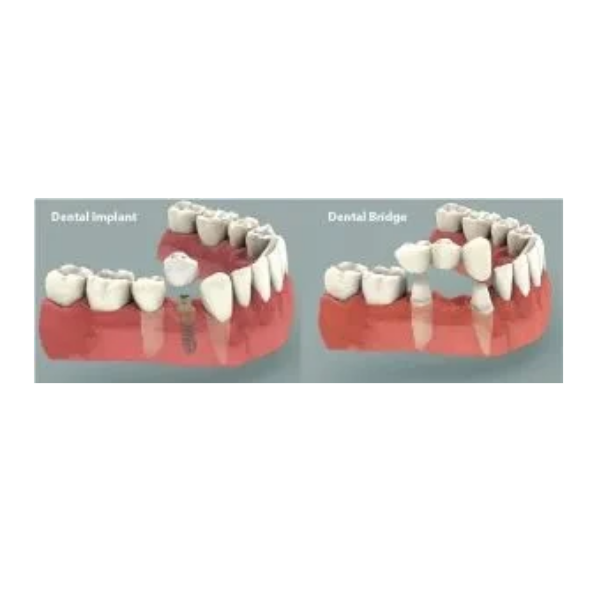In today’s world of modern dentistry, few innovations have transformed patient care as significantly as dental implants. As an implant dentist, I’ve witnessed firsthand how dental implants can not only restore function but dramatically improve confidence, oral health, and quality of life.
What Are Dental Implants?
Dental implants are titanium posts surgically placed into the jawbone, acting as artificial tooth roots. Once integrated with the bone—a process called osseointegration—they serve as a strong foundation for replacement teeth such as crowns, bridges, or dentures. Unlike traditional restorations, implants do not rely on adjacent teeth for support and are designed to look, feel, and function like natural teeth.
Why Choose Dental Implants?
1. Long-Term Solution:
Dental implants are designed to last for decades, often for life with proper care. They offer a more permanent solution than removable dentures or bridges, which may need frequent adjustments or replacements.
2. Natural Function and Aesthetics:
Implants mimic the feel and function of natural teeth. Whether you’re chewing, speaking, or smiling, implants offer a level of comfort and confidence unmatched by other restorations.
3. Jawbone Preservation:
Tooth loss can lead to jawbone deterioration over time. Implants stimulate the bone, much like natural teeth, preventing bone loss and preserving your facial structure.
4. Improved Oral Health:
Unlike traditional bridges, which may require grinding down adjacent teeth, implants preserve the integrity of surrounding natural teeth.
The Dental Implant Process
The process typically involves several stages:
-
Consultation and Planning: A thorough exam, 3D imaging, and treatment planning to assess suitability.
-
Implant Placement: A minor surgical procedure under local anesthesia to place the titanium post.
-
Healing and Osseointegration: Over several weeks, the implant fuses with the jawbone.
-
Restoration: A custom-made crown, bridge, or denture is securely attached to the implant.
For patients with insufficient bone volume, procedures such as bone grafting or sinus lifts may be recommended before implant placement.
Who Is a Candidate?
Most adults in good general and oral health are candidates for dental implants. Key factors include healthy gums, adequate bone support, and a commitment to oral hygiene. Smoking, uncontrolled diabetes, or certain medications can affect healing and success rates, but with proper management, many of these challenges can be addressed.
The Bottom Line
Dental implants represent the pinnacle of restorative dentistry. They are not just about replacing missing teeth—they’re about restoring confidence, improving function, and preserving health for the long term. If you are missing one or more teeth, a consultation with an implant dentist can help you explore your options and determine the best path forward.




